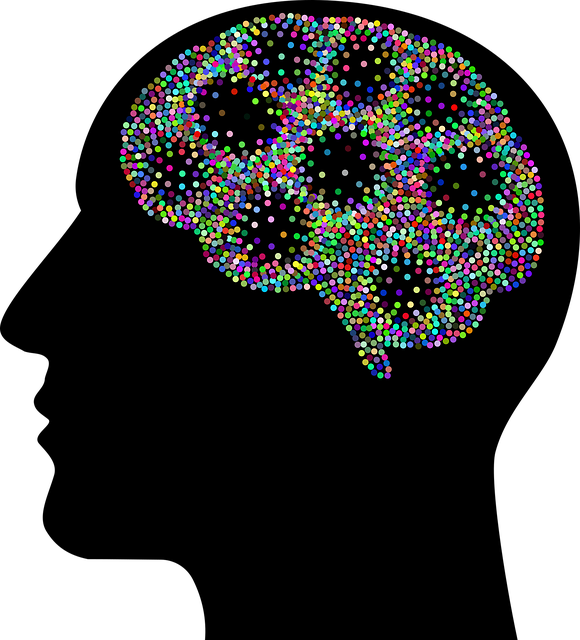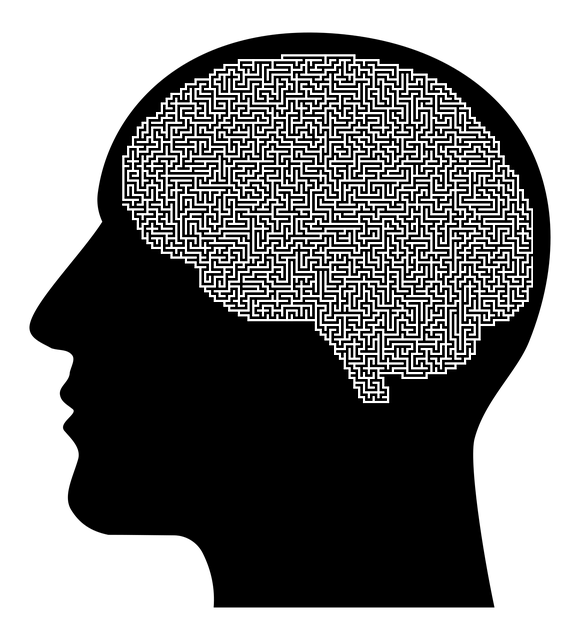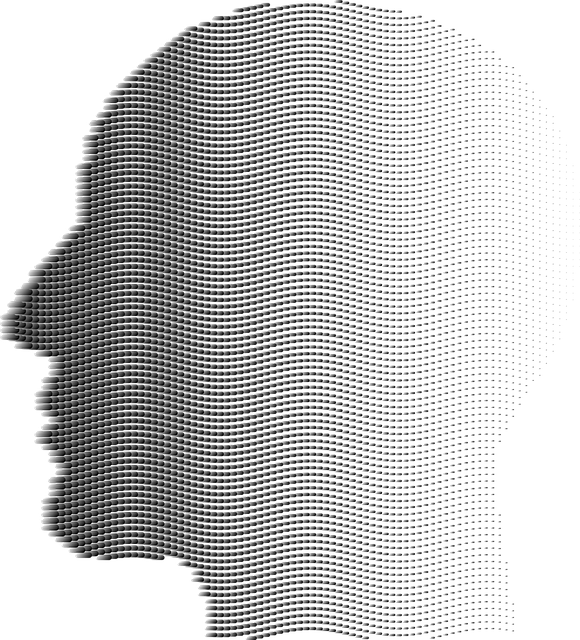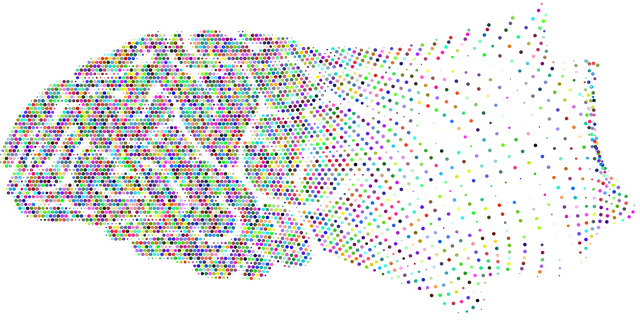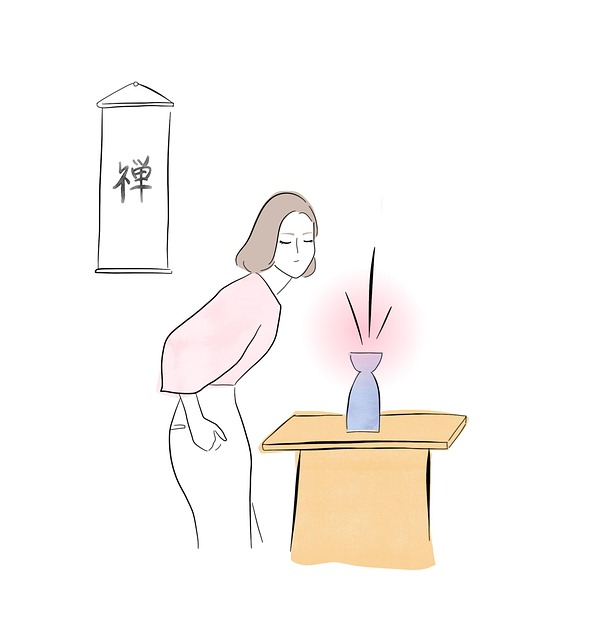Panic disorder and anxiety attacks are common mental health challenges among young adults, manageable through cognitive-behavioral therapy (CBT) and mindfulness practices. Effective coaching programs integrate CBT techniques, stress management, and burnout prevention to address specific fears and triggers. By promoting self-discovery, emotional intelligence, and healthy work-life balance, these programs aim to reduce anxiety attacks and support holistic mental wellness for young adults.
In today’s fast-paced world, mental wellness is paramount, especially among young adults grappling with panic disorder and anxiety attacks. This article explores the growing importance of Mental Wellness Coaching Programs as a potent tool for managing these conditions. We delve into understanding the intricacies of panic disorder and anxiety in youth, design effective coaching programs, and discuss tailored therapy techniques. By examining these aspects, we aim to empower individuals and provide effective support through evidence-based practices, focusing on Therapy for Young Adults Panic Disorder and Anxiety Attacks.
- Understanding Panic Disorder and Anxiety Attacks in Young Adults
- Designing Effective Mental Wellness Coaching Programs
- Implementing Therapy Techniques forPanic Disorder Management
Understanding Panic Disorder and Anxiety Attacks in Young Adults

Panic disorder and anxiety attacks are common mental health challenges faced by many young adults today. These disorders can manifest as intense, overwhelming fear and discomfort, often characterized by physical symptoms like rapid heartbeat, sweating, and shortness of breath. Young adults experiencing panic attacks may feel a sense of dread or think they are losing control, which can be incredibly distressing. Understanding these conditions is crucial for developing effective therapy strategies tailored to this demographic.
Therapy for young adults with panic disorder and anxiety attacks often involves cognitive-behavioral techniques that help them recognize and challenge negative thought patterns. Building emotional intelligence and communication strategies can also empower individuals to manage their symptoms effectively. Moreover, burnout prevention strategies for healthcare providers are essential when supporting young adults, ensuring a compassionate and sustainable approach to their mental wellness journeys.
Designing Effective Mental Wellness Coaching Programs

Designing effective mental wellness coaching programs requires a tailored approach to meet the unique needs of young adults struggling with panic disorder and anxiety attacks. These programs should incorporate evidence-based techniques from cognitive-behavioral therapy (CBT), mindfulness practices, and stress management strategies proven to reduce symptoms of anxiety. Customizing sessions to address specific fears, triggers, and coping mechanisms can significantly enhance engagement and outcome.
Mentor coaches play a crucial role in guiding young adults through the process of self-discovery and skill development. Incorporating Burnout Prevention techniques is vital, focusing on building resilience, setting achievable goals, and fostering healthy work-life balance. Social Skills Training can also be integrated to empower individuals with effective communication and interpersonal strategies, promoting better relationships and social support networks. The development of robust mental wellness coaching programs should thus combine clinical expertise with a holistic approach to foster overall well-being.
Implementing Therapy Techniques forPanic Disorder Management

Implementing effective therapy techniques is pivotal in coaching programs aimed at managing panic disorder, particularly among young adults. Cognitive Behavioral Therapy (CBT), a well-established approach, teaches individuals to challenge and reframe negative thoughts and behaviors contributing to panic attacks. By helping clients identify triggers and develop coping strategies, CBT empowers them to manage symptoms and reduce the frequency of episodes.
Mind over Matter principles are integrated into these sessions, encouraging individuals to cultivate self-awareness, resilience, and a sense of control over their emotional responses. Additionally, addressing the Mental Illness Stigma Reduction Efforts through open discussions and education fosters an environment where young adults feel understood and supported. The Emotional Healing Processes, facilitated by skilled coaches, include techniques such as deep breathing exercises, relaxation training, and mindfulness practices to help clients regulate their emotions during panic episodes.
Mental wellness coaching programs have proven to be valuable tools in addressing panic disorder and anxiety attacks among young adults. By combining education, support, and evidence-based therapy techniques, these programs offer a holistic approach to managing mental health. For individuals suffering from panic disorder, access to tailored coaching can significantly improve their quality of life. Implementing effective strategies discussed in this article, such as cognitive-behavioral therapy and mindfulness practices, enables young adults to gain control over their anxiety, fostering resilience and overall well-being. Through dedicated coaching, individuals can learn coping mechanisms that empower them to navigate future challenges, ensuring better mental health outcomes tailored to their unique needs.



